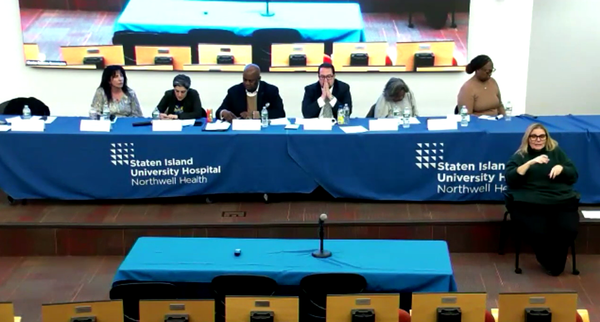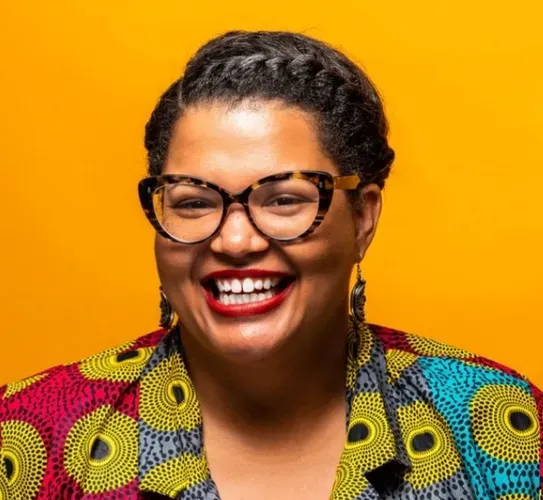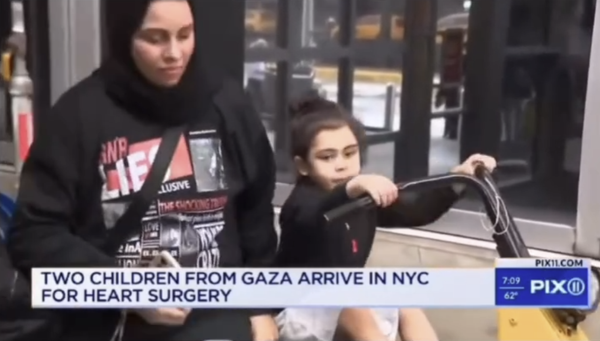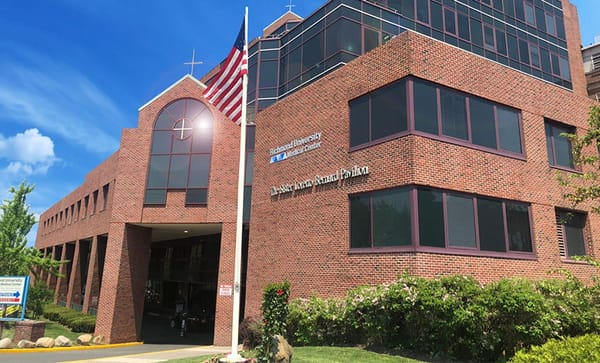Commentary: Wherever we Live is our Homeland
My journey as a Jew who has turned away from Zionism did not take place overnight - it took years of education, serious confrontation, and self-reflection.
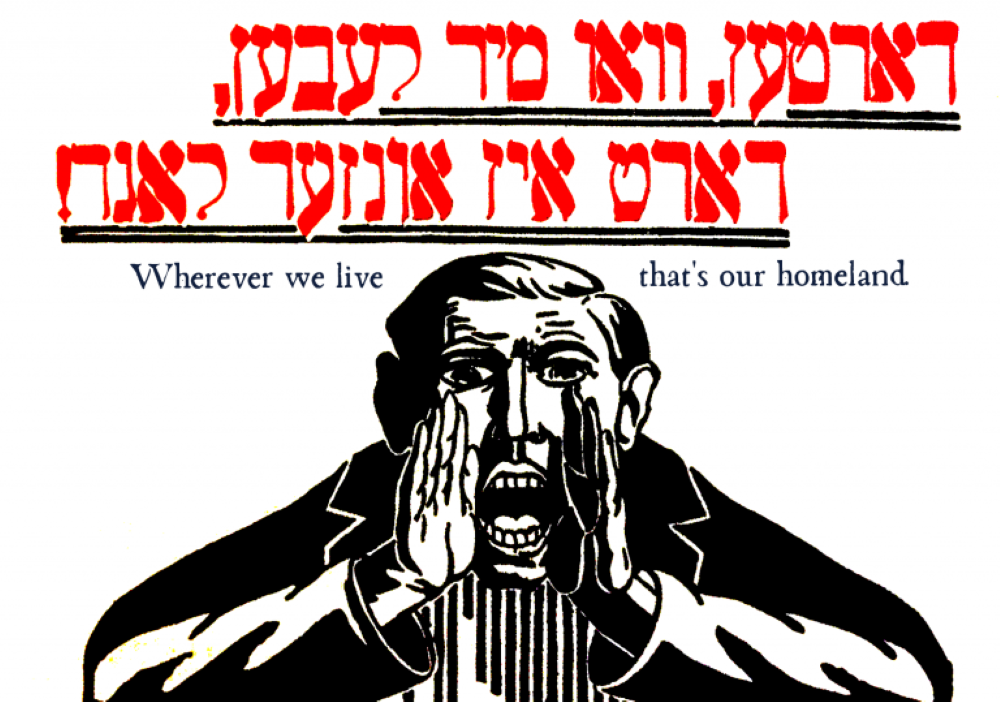
My Zionist education began at a young age, nearly from the moment I was born in Sheepshead Bay, Brooklyn. My parents and their families came to the United States in 1992 from Kishinev - today Chișinău - in Moldova, following the collapse of the USSR. Kishinev used to be one of the urban centers of Eastern European Jewry, and as such was the site of some of its most devastating pogroms. The days of the 1903 Kishinev Pogrom were long over by the time my grandparents were born, but I remember being struck by the story my great-grandfather told me of having rocks thrown at him by passers-by as he walked to a synagogue.
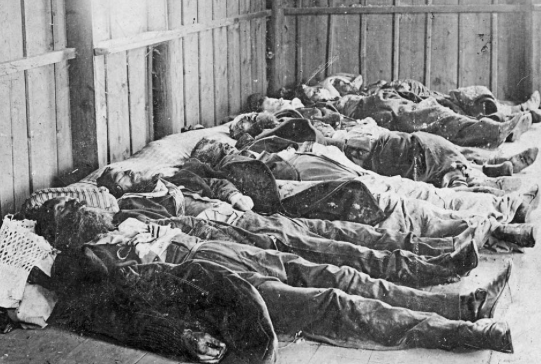
I was fortunate enough to have never experienced this “classic” anti-Jewish hate from the Old World, but my upbringing on Staten Island instilled a deep sense that the Jewish experience was different from everyone else. This sense of difference was derived not only from my Jewish identity, which itself was qualified by the secularism I inherited from my Soviet parents, but also from my position as a son of immigrants in a community of people who have lived here for generations. I constantly felt like I had to prove my belonging: I learned English at the expense of Russian; I felt compelled to prove my patriotism so I joined Boy Scouts and espoused conservative views; I aspired to join the military. This combination of a willingness to belong and a wish to preserve my identity was fertile ground for Zionism. At the time, it all seemed natural: there was a state in the world that embodied my political beliefs and aligned with my ethnic and spiritual identity. The vilification and criticism leveled against this state, Israel, was always portrayed as unfair and undeserved.
My great-grandfather, one of the last people embodying our family’s connection to Judaism, passed away as I became a young adult. His death catalyzed my interest in the religion, as I felt the need to recapture his spirituality. This interest in Judaism aligned with my entry to college, where I sought out Jewish leadership and guidance from religious teachers to set me in the right direction for re-learning this faith. By the time I got to college, I had gained a lot of critical thought and education and was able to escape conservatism, growing a more compassionate and progressive view of the world. Even so, I felt unshakeable in my connection to Israel, despite having never visited and having very few relatives living there. In seeking Jewish leadership and guidance, I was almost immediately pointed to Zionist student groups; I was not aware of any other groups.
But the more educated I became, the less comfortable I felt in those spaces. The turning point for me was in 2021 during the Sheikh Jarrah ethnic cleansing. This was a crucial moment during which I stepped back and reassessed my perceived connection to Israel. I realized I had been misled for several years. I was incensed by the notion that such a state could conduct such evil while thinly veiling itself in Judaism. This kicked off several months of research, learning, and painful reflection. This was the first time I had seriously read into events like the Nakba, and the subsequent oppression and dispossession of Palestinians by the Israeli state. Having confronted this history and connected it to the ongoing events being documented, I realized that I had to question the very ideological foundations of Zionism and my personal connections to it.
The first thing I felt was a palpable shame for having been so ignorant and dismissive of all the suffering this ideology caused to millions of people over several decades. Learning the history and revisiting my Zionist upbringing was only the first step for me: the second was to begin reclaiming my own Jewish identity from Zionism and transforming it into something that had meaning without requiring the violent oppression of a state. I embraced doikayt, “hereness,” a Yiddish word used by Bundists to express the idea that “wherever we live is our home,” in opposition to the idea that my Judaism would somehow be elevated by moving to Palestine and displacing an innocent family in the process.
Before I began my journey into anti-Zionism, I was not aware of any current Jewish voices speaking out against the Zionist entity; the presumption was that all Jewish people implicitly supported the state of Israel, and therefore all of Israel’s opponents must be anti-Semitic. To voice any doubts, let alone anti-Zionist sentiments, would for me be yelling into a void at best and inviting ruthless ostracism at worst. Unfortunately, this is the case for many young Jewish people throughout the world. I write this testimony not only to add my voice to the resurgent Jewish anti-Zionist movement, but also as a lifeline to someone who may be in the position I was years ago; anyone holding their doubts and misgivings to themselves, who may be afraid to confront the intolerance of the Zionist communities to which they belong. Today, Zionists must confront the fact that the tide is turning, and Jews in all corners of the world are waking up to the immense damage Zionist ideology has done to our faith and identity. I wish for my journey and my voice to add to this tide.
Written by: Paul Medvetsky, Member of Staten Island 4 Palestine Coalition

